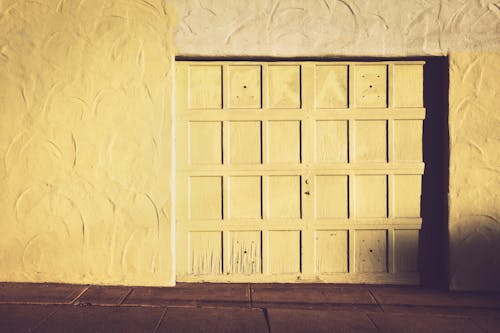Common Causes of Garage Door Noise Noisy garage
Common Causes of Garage Door Noise Noisy garage
Blog Article

Noisy garage doors can be a significant source of frustration for homeowners. The sound of creaking, grinding, or banging can disrupt the peace in your home, especially if your garage is attached to your living space. Fortunately, there are effective strategies for garage door noise reduction that can help mitigate these bothersome sounds. Understanding the common causes of garage door noise and implementing a few solutions can lead to a quieter and more pleasant home environment.
Common Causes of Garage Door Noise
Before diving into solutions, it’s essential to identify the typical causes of noise in garage doors. One of the most frequent culprits is worn-out components. Over time, parts such as rollers, hinges, and springs can wear down, leading to increased friction and, consequently, noise. Another common issue is improper installation. If the garage door is not correctly aligned or balanced, it can create unnecessary strain on the opening mechanism, causing it to rattle or squeak during operation.
Additionally, the type of garage door can influence noise levels. For example, metal doors may produce more noise than wooden ones due to their construction and materials. Environmental factors, such as temperature and humidity, can also affect how components function, potentially leading to more noise as they expand or contract.
Effective Noise Reduction Techniques for Garage Doors
Once you understand the causes of noise, you can take steps to reduce it. Here are some actionable tips to help you achieve garage door noise reduction:
Regular Maintenance
Consistent maintenance is key to ensuring your garage door operates smoothly and quietly. Start by inspecting the moving parts, including rollers, hinges, and tracks, for any signs of wear or damage. Lubricating these components with a silicone-based lubricant can significantly decrease friction and noise. Be sure to avoid using grease, as it can attract dirt and lead to more issues over time.
Check Alignment and Balance
Ensuring your garage door is properly aligned and balanced is crucial for noise reduction. If you notice that your door appears crooked or struggles to open and close, it may require adjustments. This task can be complex and may benefit from the expertise of a professional. Regularly checking for proper alignment can prevent unnecessary strain on the mechanism, ultimately reducing noise.
Install Soundproofing Solutions
In addition to maintenance, consider soundproofing solutions. Installing weather stripping along the edges of the garage door can help dampen noise as it moves. Additionally, soundproofing mats or panels can be applied to walls and the garage ceiling to absorb sound and minimize echo. These materials can be particularly beneficial if your garage is attached to your home.
Recommended Products for Quieter Garage Doors
Another product worth considering is specialized roller kits designed for quieter operation. These kits often include nylon rollers that produce less noise than metal ones, making a noticeable difference in sound levels. Additionally, noise-dampening pads can be installed on the garage door’s mounting brackets to further minimize vibrations and noise.
It’s beneficial to read user testimonials and expert reviews when selecting products for garage door noise reduction. Many homeowners have found success with these solutions and can provide insights into their effectiveness. If you are looking for specific recommendations or expert advice, resources like Goldie Garage Doors can be invaluable in guiding your choices.
Conclusion
Reducing noise from your garage door is achievable with proper maintenance and strategic upgrades. By identifying the common causes of noise and implementing effective noise reduction techniques, you can create a more tranquil home environment. Whether through regular upkeep, soundproofing solutions, or investing in quieter products, taking action can lead to significant improvements in your garage door’s performance and noise levels.